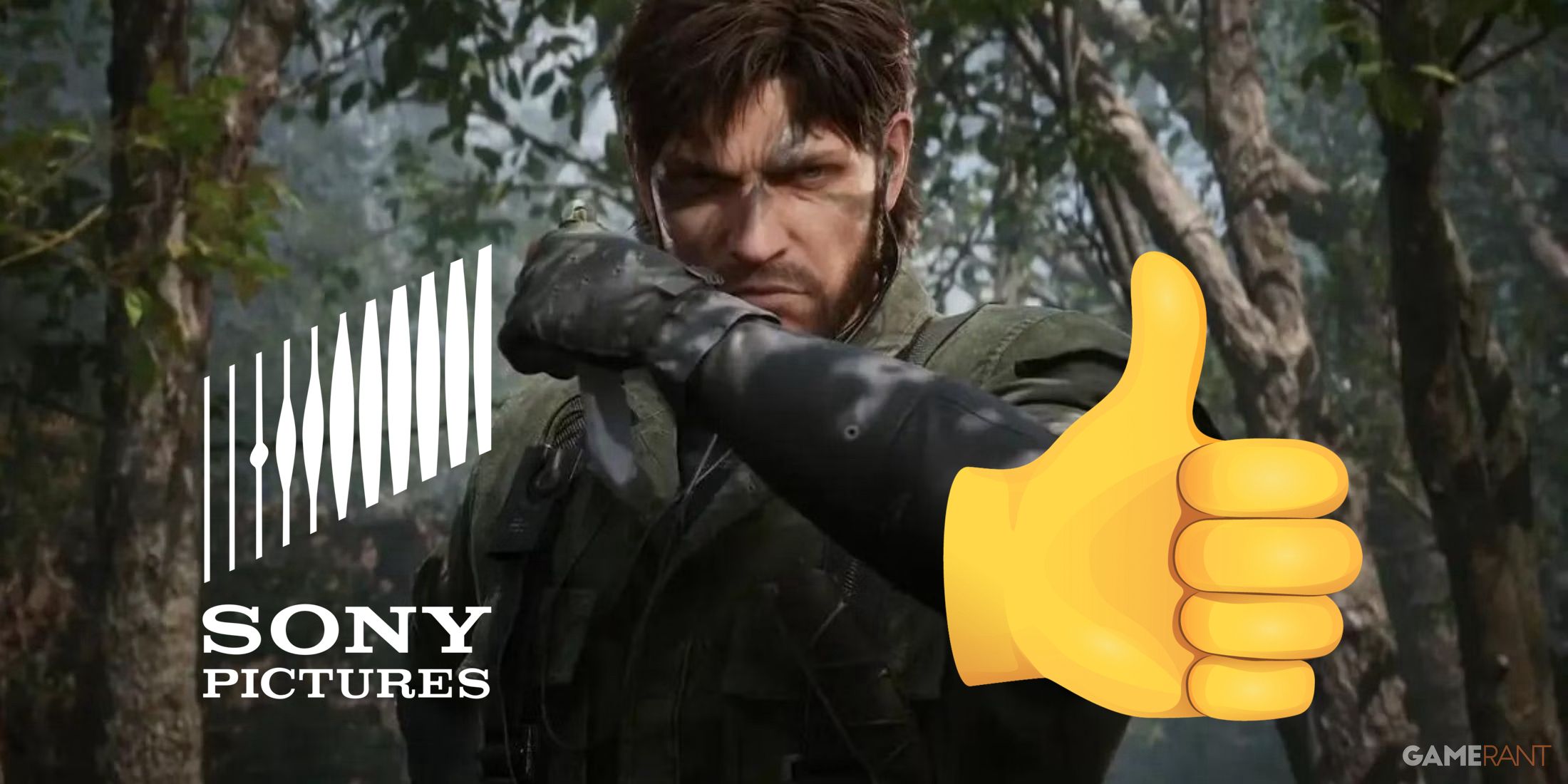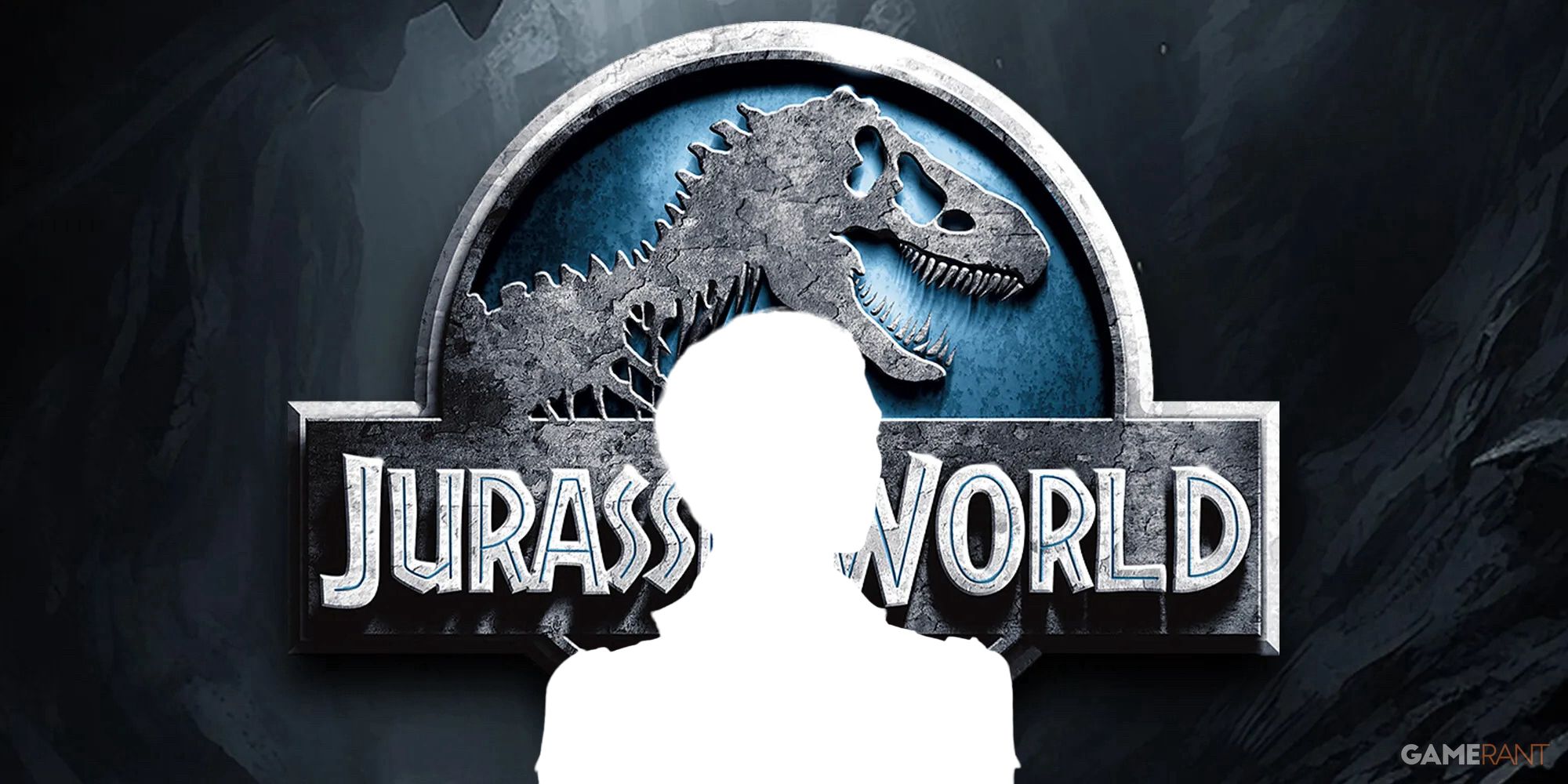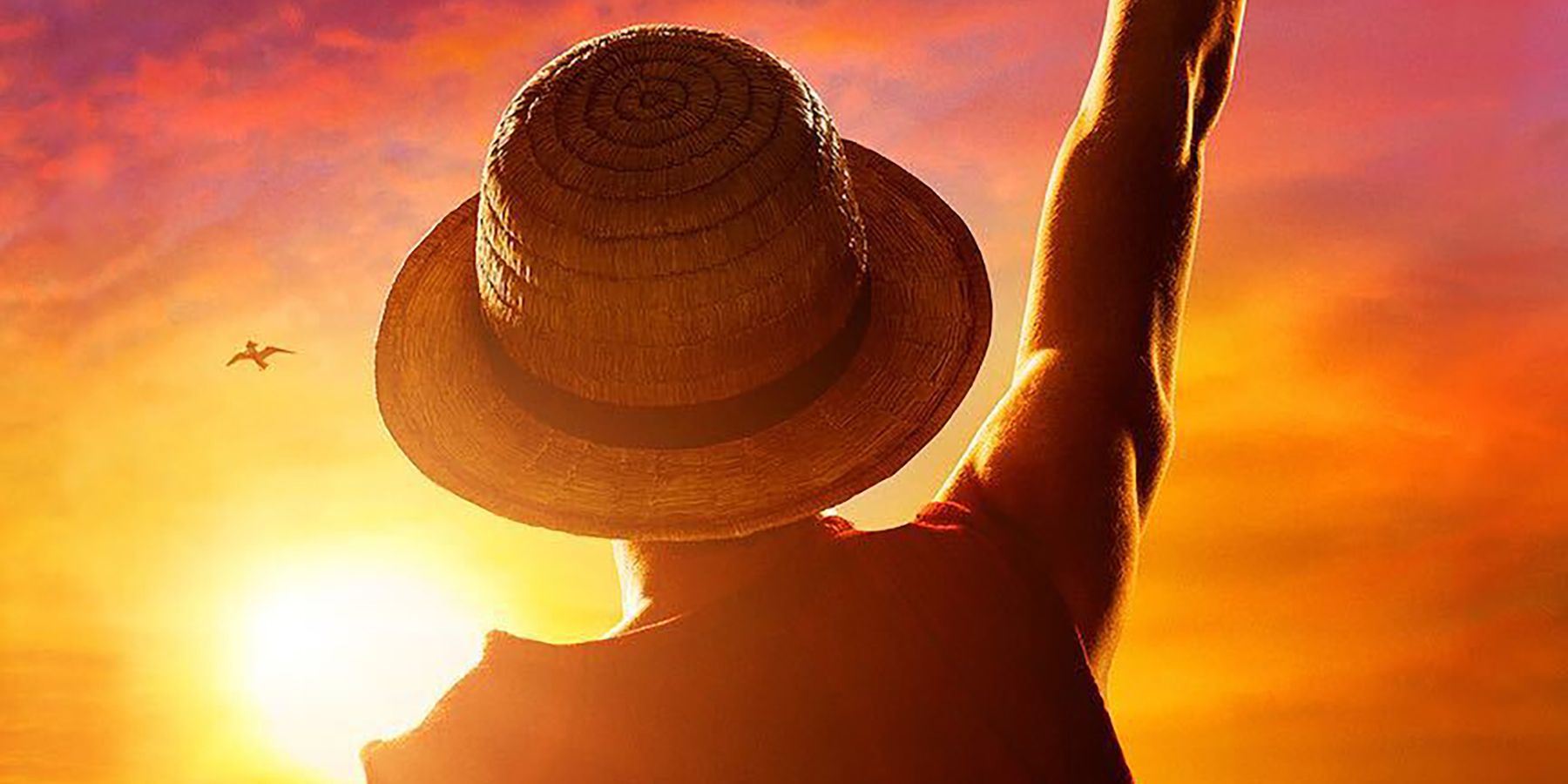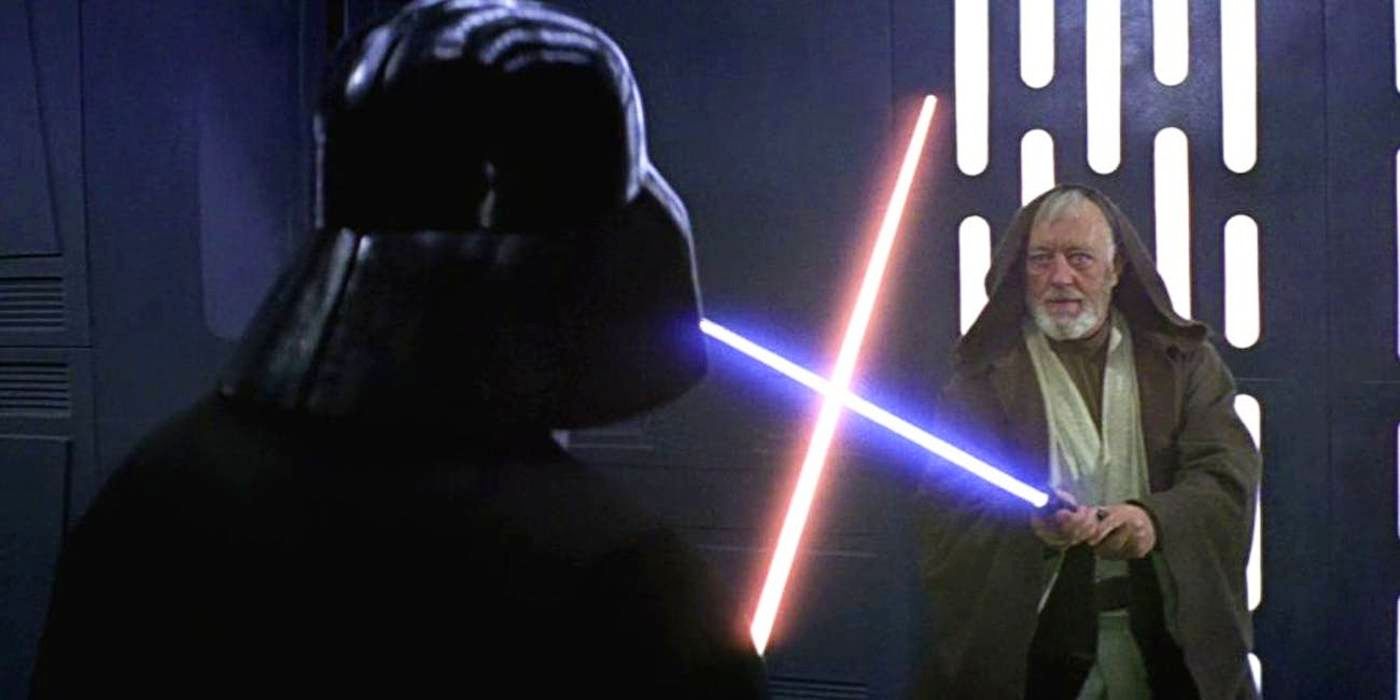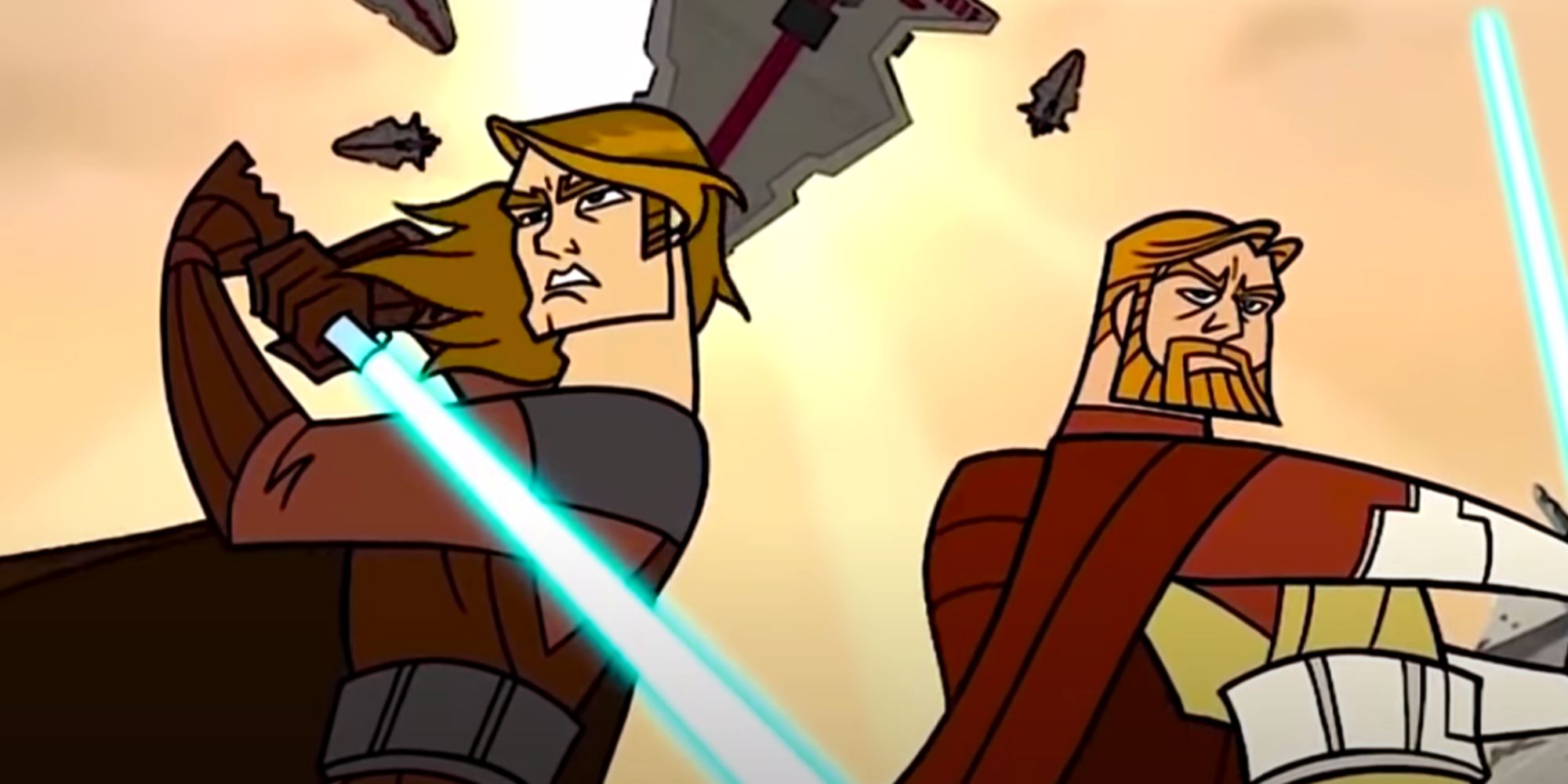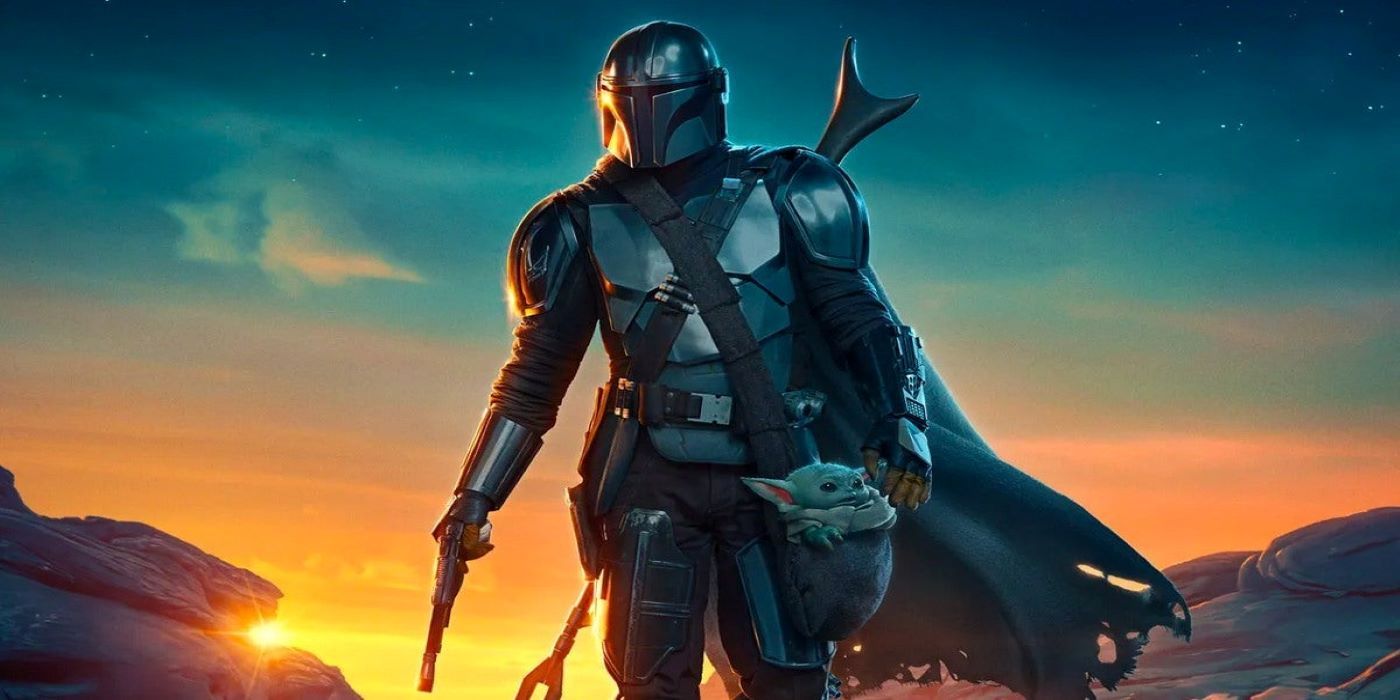When Star Wars premiered in 1977 it became an instant critical and commercial hit, and although George Lucas’ space opera was not without its detractors, it was clear for most that it was the beginning of something special. At the time, Roger Ebert said the movie relied “on the strength of pure narrative, in the most basic storytelling form known to man, the Journey”, all as a way to make quite clear that despite A New Hope’s then cutting edge special effects, Star Wars was good because it excelled at telling a relatively simple story with relatable characters that just happen to be living out this fantastic journey in a galaxy far, far away.
Despite all that, even ancient interviews with Lucas reveal that the Star Wars mastermind had big plans for the Skywalker saga since the very start as a 1978 exclusive with Time magazine foreshadowed the coming of episodes two through six. While that’s a fact know by most hardcore Star Wars fans, more causal viewers might be surprised o find out Lucas had notes on the prequel saga since then, even going as far as saying if he got really ambitious he could “proceed to figure out what would have happened to Luke.”
Lucas stepped down as director for The Empire Strikes Back and Return of the Jedi, instead sticking to perfecting the story and screenplay for Star Wars, yet fate would deliver his wish that he might get to direct another one 20 years later, just the way he did with the prequel saga. The main point behind this is to highlight that while Star Wars may have been incredibly ambitious from the very start, just like Rome, the galaxy was not built in a day.
Putting together such an elaborate universe packed with so many planets, races and lore is an incredibly daunting task, perhaps, in the end, this is one of the things most admired about someone J. R. R. Tolkien. However, the worlds from Harry Potter, Game of Thrones, and The Lord of the Rings are also packed with inconsistencies or small errors that in no way whatsoever deprive them of their much-deserved glory, and the same goes for Star Wars.
Unlike Tolkien, the others’ work was created in more modern times, which means that Lucas, J.K. Rowling, George R.R. Martin actually had the time to live out their respective magnum opus and see it become the mass media franchises they are today. Lucas was particularly well aware of this very early on as he introduced the work of famed writer Alan Dean Foster as part of the Star Wars Expanded Universe by expressing his excitement over the fact that many other writers could create new stories within the Star Wars saga.
In 1978 when the novel Splinter of the Mind’s Eye came out, it became the first of what would become countless hours and pages of non-film Star Wars content, because for Lucas “it became apparent that my story was only one of the thousands that could be told about the characters who inhabit its galaxy”, thus again emphasizing the importance of stories over anything else.
After Disney closed its infinitely profitable Star Wars acquisition, the company settled out the direction the franchise would be taking in terms of what would be considered canon from 2014, limiting the scope of the Star Wars expanded universe, but fully opening the doors for the Sequel Trilogy, and shows like The Mandalorianand The Bad Batch. This corporate play can also be seen as a reminder that the most important thing about Star Wars is not the function of kyber crystals or keeping a tight grip on the franchise’s timeline, it’s the stories.
While Star Wars forums and the deepest corner in Reddit obsess over tiny plot points in the lore that ultimately do little to affect the franchise’s course, any hardcore Star Wars fans would be well served by accepting and embracing that same concept that Lucas identified from very early on, it’s all about the journey. This ultimately what's made glorified Star Wars series like Clone Wars or even games like Knights of the Old Republic possible in the first place, with timeline events really being far from what makes them appealing at all.
In this regard, casual Star Wars fans get the upper hand because they are not immersed in all the tribulations that come with diving deep into the franchise's vast lore, so it's much easier to enjoy any of Disney Plus' new Star Wars show when one barely knows what a grey Jedi is. Of course, this laissez-faire attitude towards Star Wars works better for fans than it did for Disney's Sequel Trilogy which was accused of putting fan service ahead of new character development.
The Star Wars universe and business are simply too big to worry over minor events, the main focus for fans and producers should be each individual story and how it can stand on its own without any connections to a massive media empire. George Lucas had it all figured out early on, it's time everyone else follows through.

